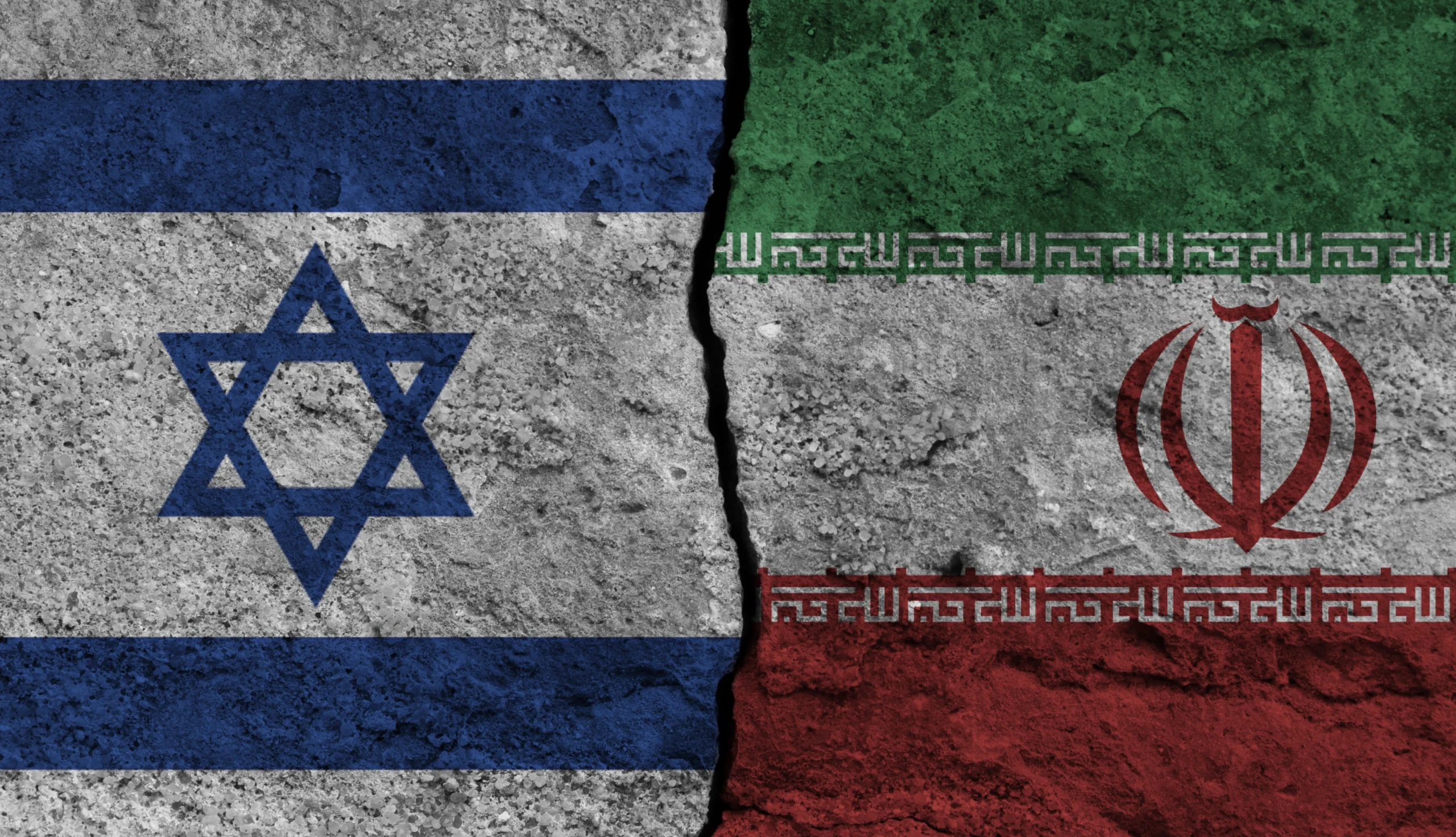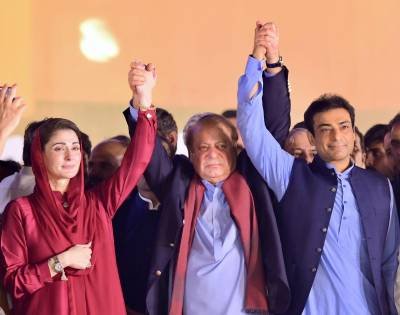Haroon Assad
In Pakistan, there is a recurring political phenomenon known as the “season of national government”—a period in which the idea of a national government resurfaces, with politicians and analysts alike promoting it as the solution to the country’s political woes. This idea, often discussed without any prompt, claims that a national government can reset the course of Pakistani politics, fix the country’s democratic issues, and resolve political tensions. However, this fleeting season always shifts just as quickly as it arrives, and its appeal fades. Currently, we find ourselves once again in the midst of the National Government Season, a reflection of the deep-rooted dysfunction within Pakistan’s political system.
The proponents of the national government model argue that it is necessary to resolve the ongoing political instability that has gripped Pakistan since the no-confidence vote against former Prime Minister Imran Khan two years ago. According to them, such a government, comprising representatives from all major political parties, including the Pakistan Tehreek-e-Insaf (PTI), would reduce political tensions, create a united front, and pave the way for fresh elections. However, this perspective overlooks critical issues and the country’s political history, which has repeatedly demonstrated that such solutions are not only impractical but also counterproductive.
It is essential to recognize that the national government theory is, at best, a band-aid solution to Pakistan’s persistent problems. Proponents of this theory appear to believe that by bringing all political forces together, they can create a coalition that will address the nation’s crises. But there is little evidence to suggest that such a government would succeed in stabilizing the country. History has shown that similar approaches—military coups, technocratic setups, and other forms of non-democratic governance—have failed to provide lasting stability or prosperity. Pakistan’s past is littered with such experiments, none of which have yielded positive, long-term outcomes.
One of the more frequently referenced models for the idea of a national government is the “Bangladesh model,” which advocates for technocratic regimes. However, this idea has always been a non-starter in Pakistan. Given the complexities of the country’s political landscape, any government formed with the idea of uniting all political parties is bound to fail in practice. The very suggestion that the solution to Pakistan’s instability lies in creating a unified government of this nature raises doubts, especially since the composition of such a government would likely continue to be fragmented along ideological and partisan lines.
Instead of solving the problem, a national government could exacerbate the already significant divisions in the country. Far from being a unifying force, it risks deepening the political rift between the major parties, further eroding public trust in the democratic process. The political landscape in Pakistan has already witnessed widespread disillusionment with the political class, and any move towards a national government would only alienate more citizens, undermining the very fabric of democracy.
Critics of the national government argument correctly point out that the notion is based on flawed assumptions. Pakistan’s challenges are not the result of a lack of cooperation between political factions but are deeply embedded in the structural weaknesses of the democratic system itself. The hybrid governance model, characterized by a mix of civilian and military influence, has already caused severe political polarization, weakening democratic institutions. Adding another layer of governance through a national government would only perpetuate this model, further entrenching an unaccountable and inefficient system.
Moreover, proponents of the national government often fail to address the underlying causes of political instability in Pakistan, such as the lack of free and fair elections, the politicization of state institutions, and the erosion of judicial independence. The real issue lies not in the absence of a unifying government but in the need to address the systemic problems that undermine democracy. For instance, the election process must be reformed to ensure transparency and fairness. The Election Commission of Pakistan (ECP) must be empowered to function without interference from political parties or military forces, and the judiciary’s independence must be safeguarded from political pressures.
In addition to institutional reforms, there is a pressing need for political dialogue aimed at reconciling the competing interests of various parties. In this context, the recent thaw in political tensions between key political figures, such as PTI leader Asad Qaiser and National Assembly Speaker Ayaz Sadiq, offers a glimmer of hope. This tentative rapprochement could form the basis for meaningful negotiations, which would be far more productive than the formation of a national government.
At the heart of such discussions should be the need to address Pakistan’s economic crisis, which has been exacerbated by years of political expediency. A national government, with its temporary and often self-serving nature, is unlikely to undertake the difficult economic reforms necessary to put Pakistan on a sustainable growth trajectory. Instead, a genuine political commitment to consensus-building around long-term economic policies is essential. Pakistan needs to address issues such as fiscal discipline, inflation, and the unsustainable debt burden, rather than relying on ad hoc political solutions that provide short-term relief but fail to create lasting change.
The hybrid governance model, characterized by its instability and lack of accountability, has already cost Pakistan dearly. It has contributed to the erosion of democratic norms, led to widespread political polarization, and diminished public faith in the ability of the government to deliver on its promises. Adding another layer of government under the guise of a national coalition would only deepen these problems and further entrench a system that has failed to deliver meaningful governance for the people of Pakistan.
It is clear that what Pakistan needs is not another experiment in governance but a sustained commitment to democratic principles and reforms. The focus should be on restoring the integrity of Pakistan’s institutions, ensuring that elections are free and fair, and rebuilding public trust in the political process. This requires not only political will but also the active participation of civil society, the media, and other stakeholders in holding the government accountable.
Moreover, it is imperative that political actors prioritize the well-being of the country over partisan interests. The existing political polarization must be addressed through dialogue and collaboration, rather than through the creation of temporary political alliances that do not resolve the underlying issues. The concept of a national government is, therefore, a distraction from the real work that needs to be done: reforming Pakistan’s political system and building a genuine democratic framework that can withstand the pressures of governance.
In conclusion, the idea of a national government in Pakistan is neither a practical solution to the country’s challenges nor a viable way forward. Rather than looking for a quick fix in the form of a coalition government, Pakistan’s political leaders must focus on addressing the systemic issues that underlie the country’s political instability. Strengthening democratic institutions, ensuring free and fair elections, and building consensus around long-term economic reforms should be the priorities. Only through these efforts can Pakistan hope to achieve stability, prosperity, and lasting democratic governance. The season of national government may come and go, but the need for genuine political and institutional reform will remain the true challenge for Pakistan’s future.
ChatGPT can make mis
















